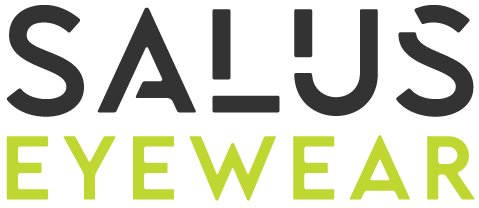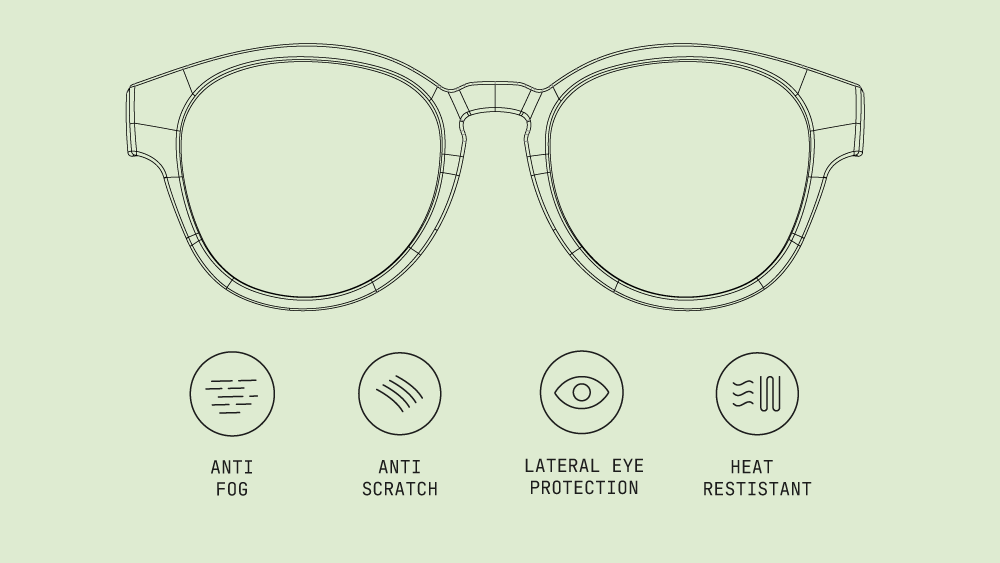When it comes to protecting your eyes at work, not all safety glasses are created equal. At Salus Eyewear, every pair of safety glasses in our range is fully certified to EN 166, the European standard for personal eye protection.
But what does EN 166 actually mean and why should you care?
Here’s what every safety manager, employer, and worker needs to know.
What is EN 166?
EN 166 is the core European standard that sets out the general requirements for all types of personal eye protection. It covers critical aspects like:
- Optical clarity
- Impact resistance
- Field of vision
Resistance to hazards (e.g., droplets, dust, molten metal)
When you see “EN 166” on your eyewear, you know it’s been rigorously tested and approved for use in the UK and Europe.
How is EN 166 Tested?
To meet EN 166, safety glasses must pass strict lab tests:
- Mechanical Strength — Tested against low energy impacts (marked S), medium energy impacts (B), or high energy impacts (A).
- Optical Quality — Ensures lenses don’t distort your vision.
- Resistance Features — For specific hazards like molten metal splash (marked 9), high-speed particles, or fogging.
EN 166 vs ANSI Z87: What’s the Difference?
If you’re researching safety eyewear, you might also come across ANSI Z87.1, which is the main standard used in North America. While ANSI Z87 has similar goals to EN 166, ensuring impact resistance and wearer protection, it’s a different standard with different test methods and markings.
Important: ANSI Z87-certified glasses do not meet European or UK safety requirements.
Employers in the UK and Europe must provide eye protection that is certified to EN 166. Using only ANSI-certified eyewear is not legally valid under European PPE regulations.
Why EN 166 Certification Matters
- Legal Compliance: It’s your responsibility to provide PPE that meets EN 166 if you operate in the UK or Europe.
- Wearer Confidence: Workers can trust their eyewear will protect them against everyday hazards.
- Better Comfort & Visibility: Certified eyewear won’t distort vision, fog up unnecessarily, or cause discomfort, meaning staff are more likely to wear it consistently.
The Salus Eyewear Difference
Unlike generic safety glasses, every pair of Salus frames are modern, comfortable for all-day wear, and fully certified to meet the strict requirements of EN 166. Whether you’re on a construction site, in a laboratory, or working in manufacturing, you can trust your eyes are covered , literally and legally.
Stay Protected. Stay Compliant.
Browse our full EN 166 Certified Safety Glasses Collection and discover how Salus makes safety stylish and stress-free.
Salus Eyewear — Safety First. Style Always.



Share:
Fashion Meets Function: The Rise of Stylish Safety Glasses
Why Safety Glasses Are the New Style Statement